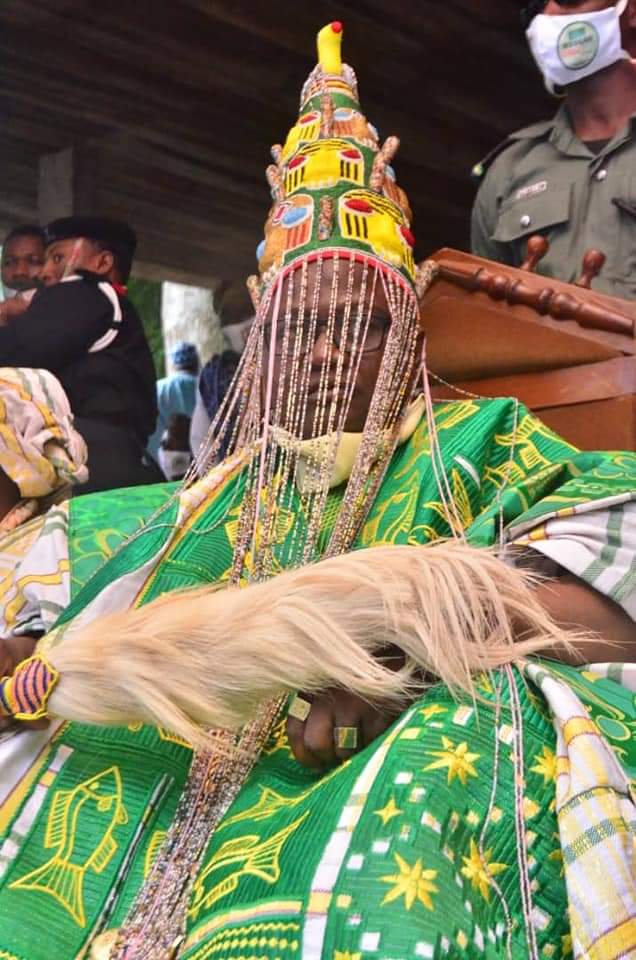Acting Together study, a research sponsored by Tetfund from Nigerian tertiary institutions on Friday observed that, the spate of gender-based violence in Nigerian tertiary institutions is alarming due to poor regulations of the instructions management.
According to the research findings, Public institutions in Nigeria have been said to have reported higher cases of Sexual and Gender-Based Violence (SGBV) due to weaker regulations put in place by the management of the institutions.
Also, some of the prevalent and frequently mentioned SGBV in higher institutions include rape and sexual harassment, especially against female students, power dynamics between lecturers and students, as well as threats and coercion often used by lecturers against female students.
The workshop whose aim was to disseminate the study findings and enlighten students on the dangers of SGBV as well as preventive and curative strategies had in attendance,
students from the University of Ilesa, Osun State, University of Uyo, Kaduna State University, Federal Polytechnic, Ede, Bowen University, Iwo, Obafemi Awolowo University, Ile-Ife, was held virtually.
Other universities who were part of the workshop are, University of Abuja, Enugu State University of Science and Technology and Federal College of Education, Zuba.
In her presentation, the principal investigator of the project, Professor Oluyemisi Obilade of the Department of Adult Education and Lifelong Learning, Obafemi Awolowo University, Ile-Ife, said youths have to be involved if the battle against Sexual and Gender-Based Violence is to be won.
“If the battle against Sexual and Gender-Based Violence is going to be won, it has to involve our youth, and if it is going to be won on campuses especially, our students must be partners in the whole process”, she said.
An outstanding academic ace , Prof Obilade said, “You’re important partners in creating safe spaces and safe environment for the university community, especially our student population. So, I thank you specially for your participation”.
Prof Obilade appreciated members of the team for their dedication to the project.
Also,Presenting some of the findings during a workshop organized to disseminate the study findings and enlighten students on the dangers of SGBV as well as preventive and curative strategies, Dr. Tajudeen Akinsooto, a lecturer at the Department of Adult Education and Lifelong Learning, Obafemi Awolowo University, Ile-Ife, said the study showed that Sexual and Gender-Based Violence is widespread in Nigerian higher education institutions.
He added that drivers of SGBV in Nigerian tertiary institutions include academic challenges, accommodation challenges, cultural beliefs, poverty, personal attributes, and environmental issues.
He said, “Public institutions reported higher cases of Sexual and Gender-Based Violence due to weaker regulations while private institutions had fewer cases due to stricter control.
“Sexual and Gender-Based Violence is widespread in Nigerian higher education institutions, and there were reported cases that cut across our study area. Various forms of SGBV that were reported include sexual harassment, rape, bullying, discrimination,, and extortion.
“The most prevalent and frequently mentioned SGBV in higher institutions include rape and sexual harassment, especially against female students, power dynamics between lecturers and students, as well as threats and coercion often used by lectures against female students”.
Dr. Akinsooto added that the SGBV awareness program in Nigerian tertiary institutions is still very low, calling on all stakeholders to work together to eradicate the menace.
The Deputy Vice-Chancellor, Research, Innovation and Development, Obafemi Awolowo University, OAU, Ile-Ife, Professor Akanni Akinyemi, in his address, said the research is one which makes an impact, appreciating the team for a good job done.
According to him, “What we are discussing here are things that can put a stop to the menace across our campuses because if we continue to keep silent when we see evil, it means we will continue to normalize evil. This is not just a research for publication but one that makes impact and I want to appreciate the team for the impact you continue to make”.
Addressing the students on some of the things needed to safeguard themselves against SGBV, Dr Adejoke Babalola from the Department of Adult Education and Lifelong Learning, OAU, advised the students to be always careful of their environment.
She said, “Do not assume you are safe and do not ignore your instinct. Always tell someone where you are and avoid dangerous situations. You must also learn self-defence methods”.
The research team includes Prof. Oluyemisi Obilade, Professor Olutoyin Mejiuni, Prof. Akanni Akinyemi, Dr Oluwatoyin Ilesanmi, Prof. Lanre Ikuteyijo, Dr Bisola Adebayo, Dr Oyeyemi Babalola, Mr Tope Aborisade, Dr Joke Babalola and Dr Tajudeen Akinsooto.








